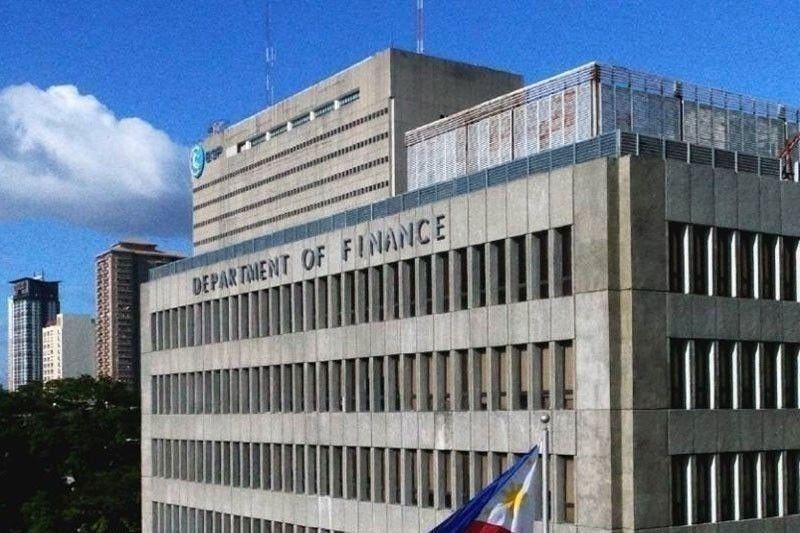Slower fiscal consolidation hounds Marcos administration

MANILA, Philippines — The government may have to contend with slow fiscal consolidation over the next few years amid headwinds and the insistence on no new tax measures that could be inflationary and burdensome to consumers.
During a hearing of the Senate committee on economic affairs yesterday, Department of Finance Assistant Secretary Neil Cabiles said recent economic developments reflected a slower fiscal consolidation path.
“Considering the domestic and external headwinds, we see that we will have a slower fiscal consolidation path,” Cabiles said.
“But this is still within the framework that we intend to go through for the medium term.”
Consolidating the country’s fiscal health would mean reducing the budget deficit and bringing down debts, both of which are expected to be challenging for the Marcos administration over the course of its term.
For one, the government is expecting that slashing the budget deficit will take longer than initially projected because of the need to still support key programs despite limited fiscal space.
Based on the Budget of Expenditures and Sources of Financing (BESF) data following the submission of the proposed P6.352-trillion 2025 budget and approved by the Cabinet-level Development Budget Coordination Committee, the budget deficit as a percentage of gross domestic product will ease to 5.6 percent this year from the 2023 level of 6.2 percent.
However, this is higher than the previous projection of 5.1 percent. In nominal terms, the budget gap could settle at P1.48 trillion instead of P1.39 trillion.
For next year, the deficit is projected to be at P1.54 trillion or 5.3 percent of GDP instead of P1.49 trillion or 5.2 percent of the economy.
The budget deficit reduction will continue by 2026 as the gap would only be slashed to P1.48 trillion or 4.7 percent of GDP.
By 2027, the budget shortfall is seen easing to P1.4 trillion, equivalent to 4.1 percent of GDP.
As the government ends its term in 2028, however, the budget deficit will be at 3.7 percent of the economy, still unable to hit the level prior to COVID at three percent.
To plug the deficit, Cabiles said the DOF has increased its non-tax revenue targets. In terms of debt, Cabiles maintained that the debt level is still at sustainable levels.
“We are keeping it mostly on the domestic side to hedge us from foreign exchange risks,” he said.
The DOF earlier said it has fine-tuned its priority revenue reforms to take into consideration the present economic situation such as elevated inflation.
This is aimed at ensuring that its proposals do not result in unintended consequences that may further affect inflation and overall growth.
These measures include the remaining package four of the tax reform program, excise tax on pick up trucks, value added tax on digital service providers, excise tax on single-use plastics, mining fiscal regime and the motor vehicle road users tax.
- Latest
- Trending





























